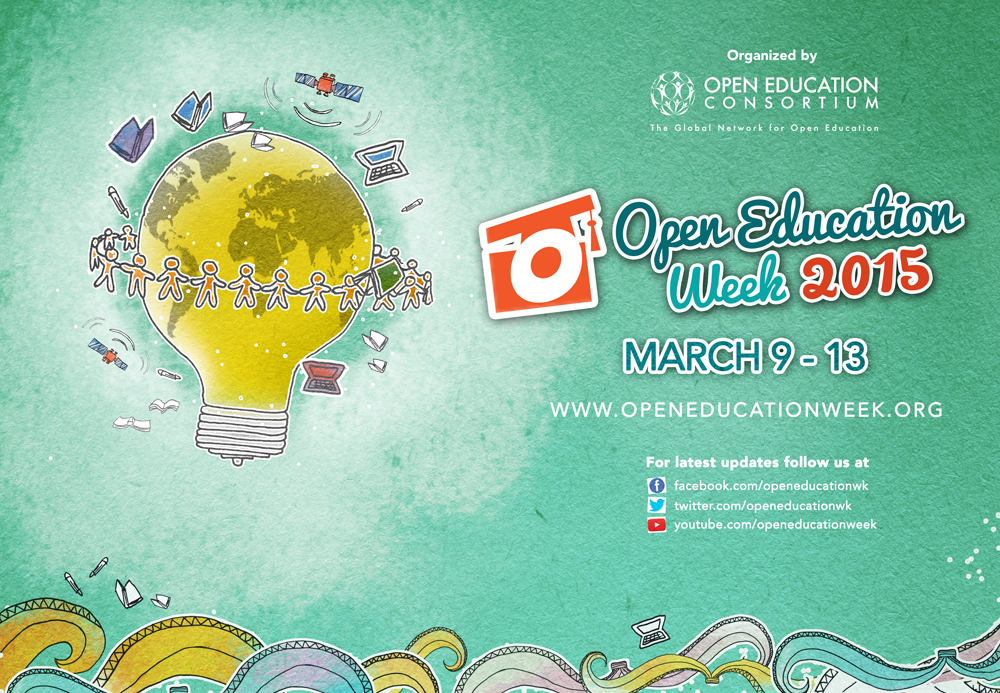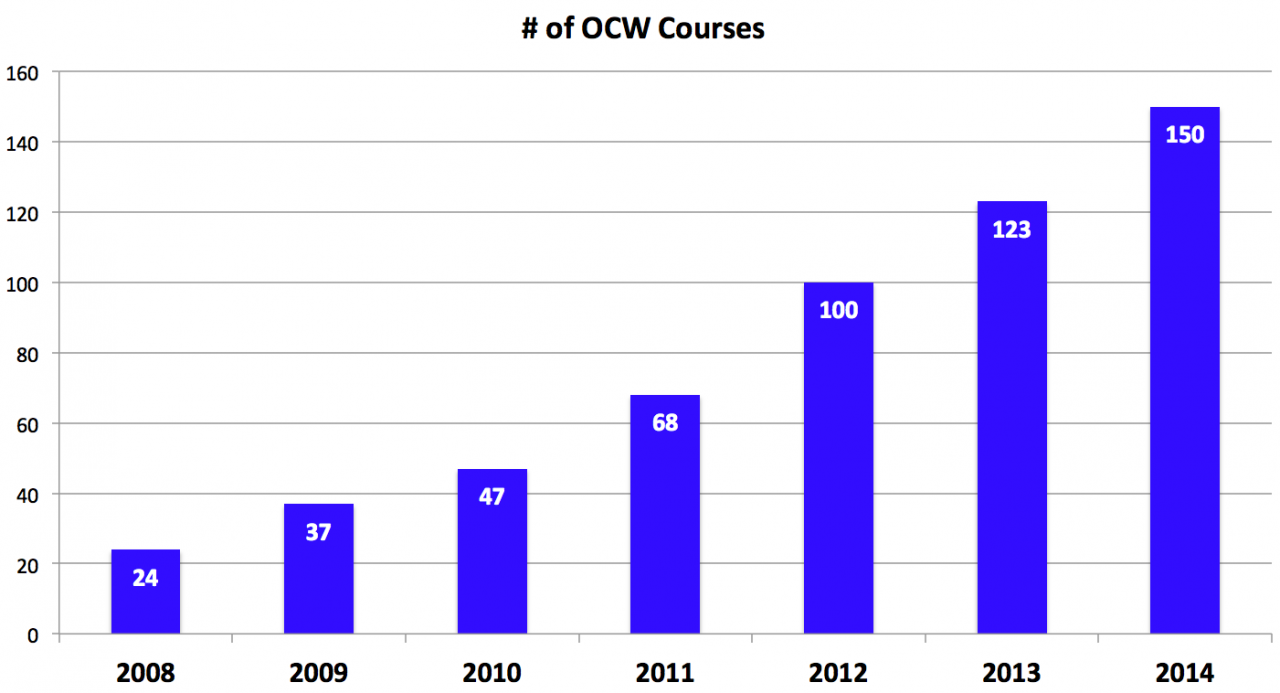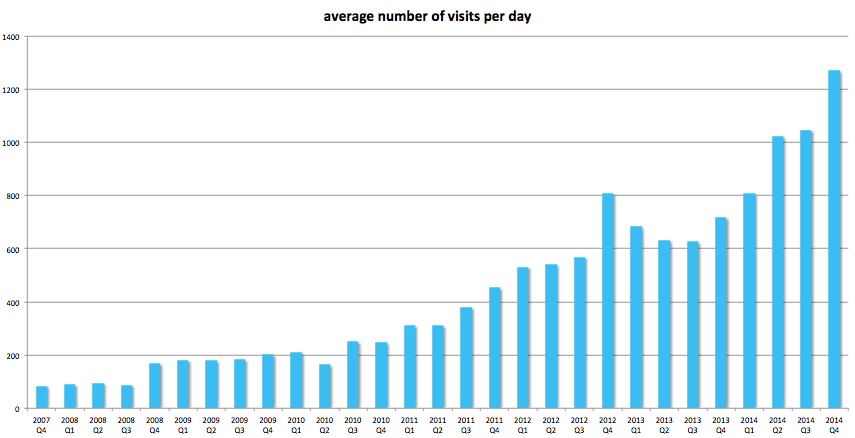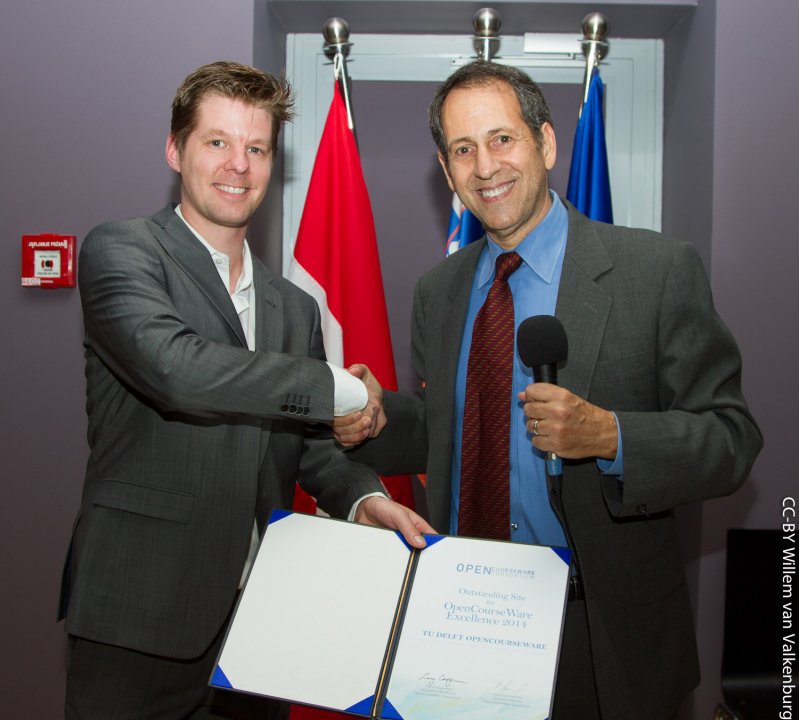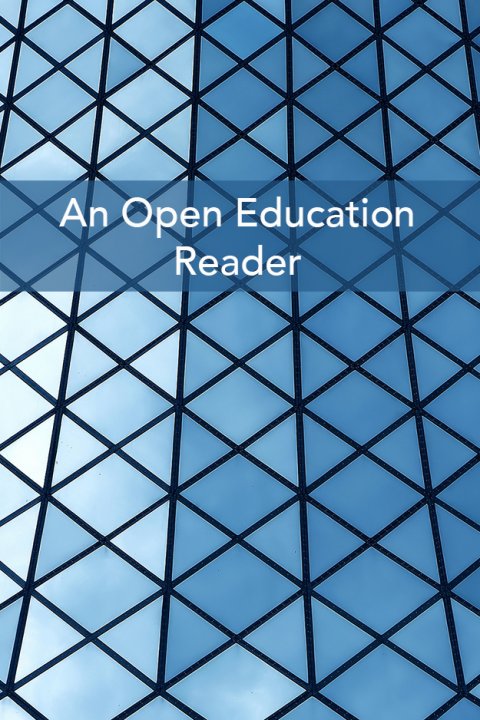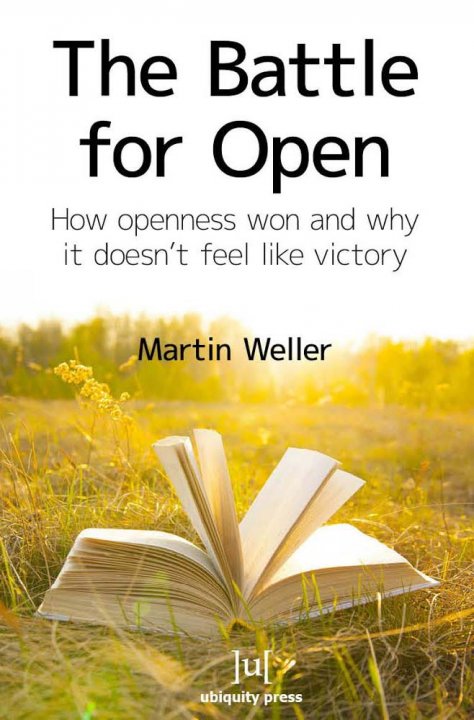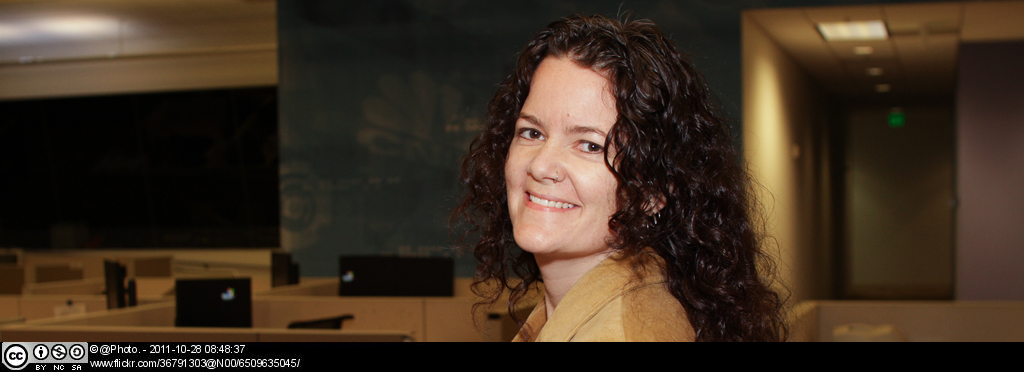A couple of researchers of MIT looked at the surveys of 11 MITx courses on edx in the spring of 2014. They found that one in four (28.0 percent) respondents identified as past or present teachers. Of the survey respondents, nearly one in 10 (8.7 percent) identified as current teachers. Although they represent only 4.5 percent of the nearly 250,000 enrollees, responding teachers generated 22.4 percent of all discussion forum comments. One in 12 of the total comments were made by current teachers, and one in 16 were from teachers with experience teaching the subject of the MITx course in which they enrolled:
Teachers are heavily enrolled and engaged in MITx courses on edX, and evidence indicates that they play a substantial role in discussion forums. Measuring the current impact of teachers on other participants is an important area for future research, and one that might help develop learning frameworks that better partner teachers with course staff and other participants. Teachers' motivations in taking a MOOC will play a key role, whether they are engaging in life-long learning, pursuing life-long instruction, or searching for new pedagogy and peer support. Regarding pedagogy and peer support, adoption of new teaching practices is a major challenge facing teachers and school districts in the United States. MOOCs targeting the needs of teachers and providing mechanisms to become personal online courses can potentially provide a space for educators to overcome adoption barriers and a sustainable foundation for MOOCs' continued existence.
Teacher enrollment clearly represents an unrecognized, meaningful audience for MOOC providers. Recent reports have largely focused on demographics within MOOCs,even leading to criticism that the typical participant is older and holds an advanced degree.29 Recognizing the significance of large teacher enrollments in MOOCs may shift perspectives toward course design and MOOC platform capabilities more attuned to expert participants. We believe teacher participants in MOOCS are a resource to respect and value, with the potential of further enriching the MOOC experience for participants.
Read the full article on the Educause website.

